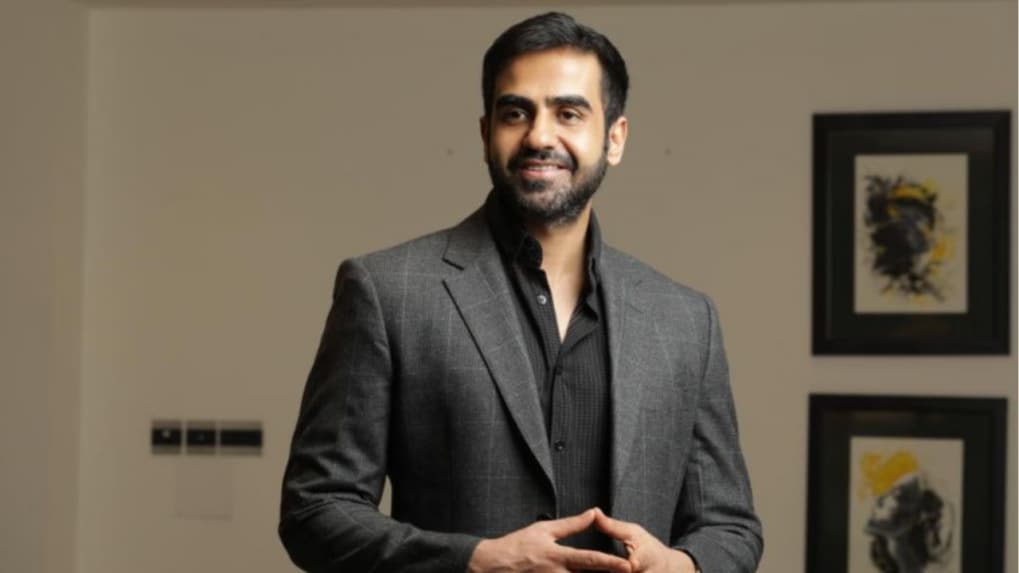Advertising
From Pink Slips to Silent Sidelining: Inside adland’s layoff and anxiety crisis

Zerodha co-founder Nikhil Kamath has opened up about his first job and the modest salary that marked the beginning of his career, contrasting sharply with the early break of investor-author Ruchir Sharma.
In a recent episode of the WTF podcast, Kamath revealed that he began his working life in the early 2000s at a Bengaluru call centre, where he earned just $1,000 a year — roughly Rs 88,000 at the time. He recalled working night shifts, describing the stint as modest but formative. According to Kamath, the experience instilled discipline and gave him a better appreciation of work before he went on to co-found Zerodha, which has since become India’s largest stock brokerage.
By contrast, Sharma recalled his own career start in 1996, when at just 22 he was offered a role at Morgan Stanley in India, with a starting package of $100,000 annually — about Rs 88 lakh today. He admitted he had been considering pursuing a PhD at the time, but Wall Street proved too compelling an opportunity.
The two men’s journeys diverged sharply from there. Kamath’s path was shaped by entrepreneurship and a steady climb from modest beginnings, while Sharma’s trajectory was marked by a rapid rise in global finance. By the early 2000s, Sharma had moved to New York, rising to become Chief Global Strategist at Morgan Stanley. Today, he heads international business at Rockefeller Capital Management and is also the author of acclaimed books including Breakout Nations and The Rise and Fall of Nations.
Both careers, however, underline different routes to success: one built from the ground up with limited means, the other fast-tracked through corporate finance on Wall Street.
From purpose-driven work and narrative-rich brand films to AI-enabled ideas and creator-led collaborations, the awards reflect the full spectrum of modern creativity.
Read MoreLooking ahead to the close of 2025 and into 2026, Sorrell sees technology platforms as the clear winners. He described them as “nation states in their own right”, with market capitalisations that exceed the GDPs of many countries.